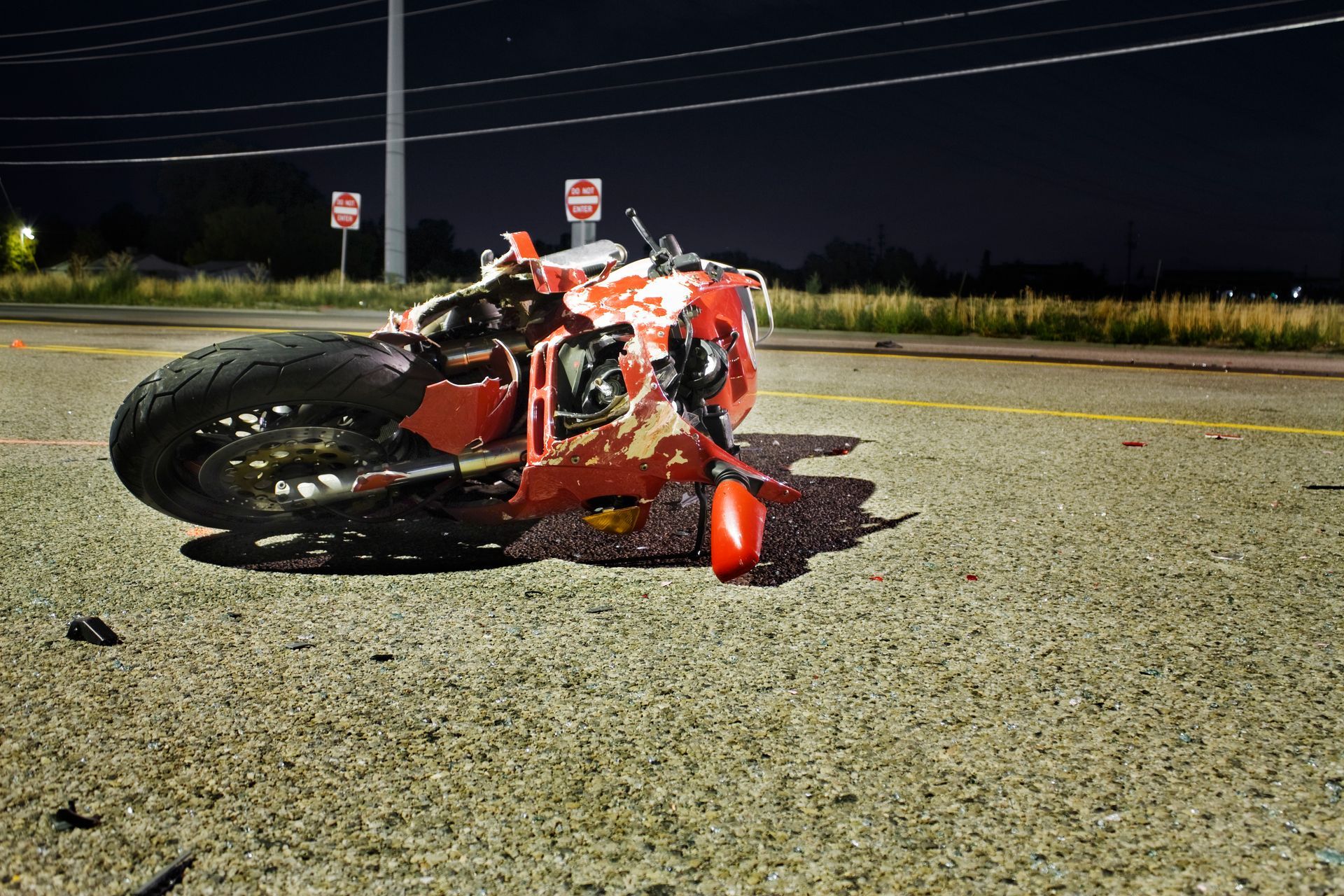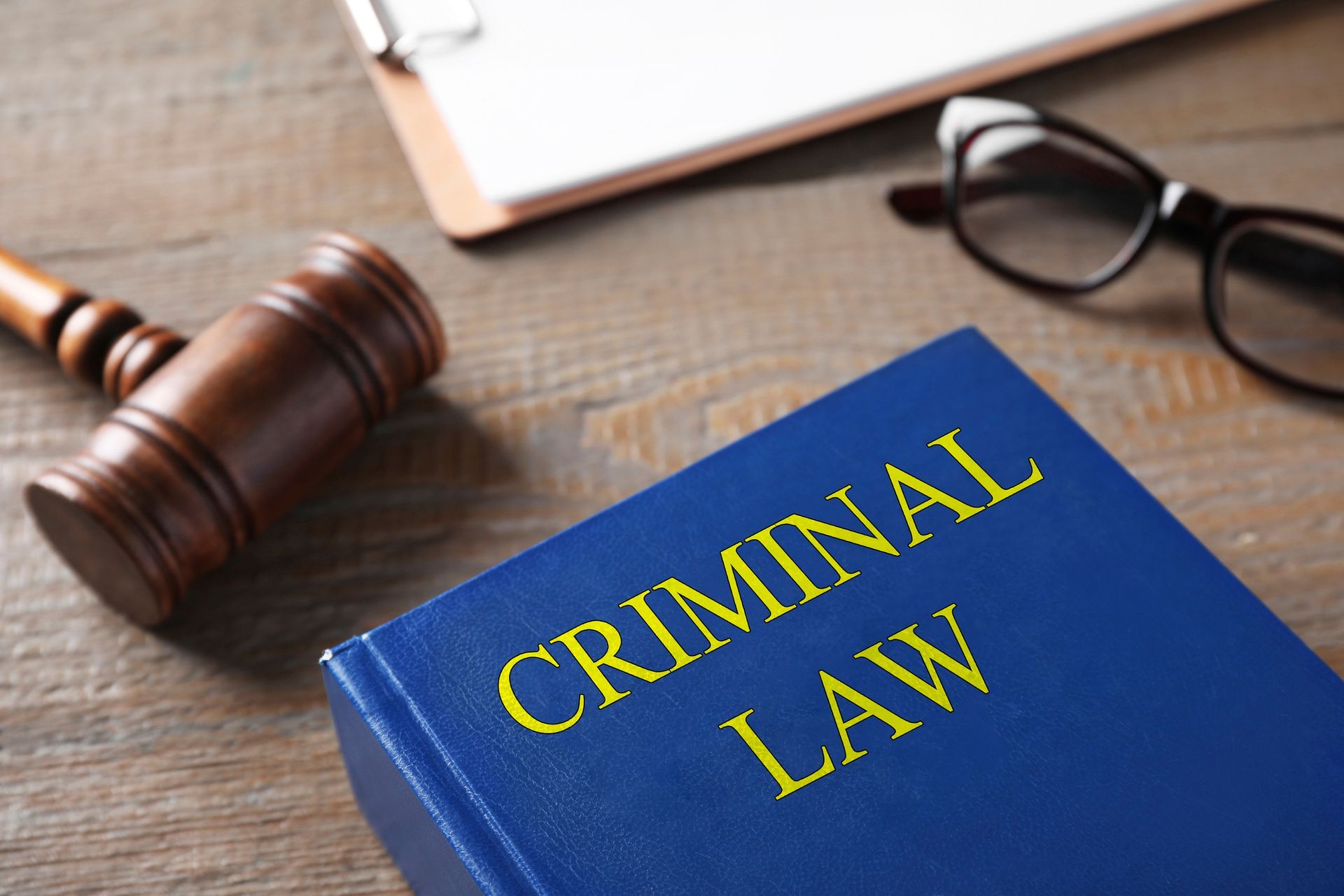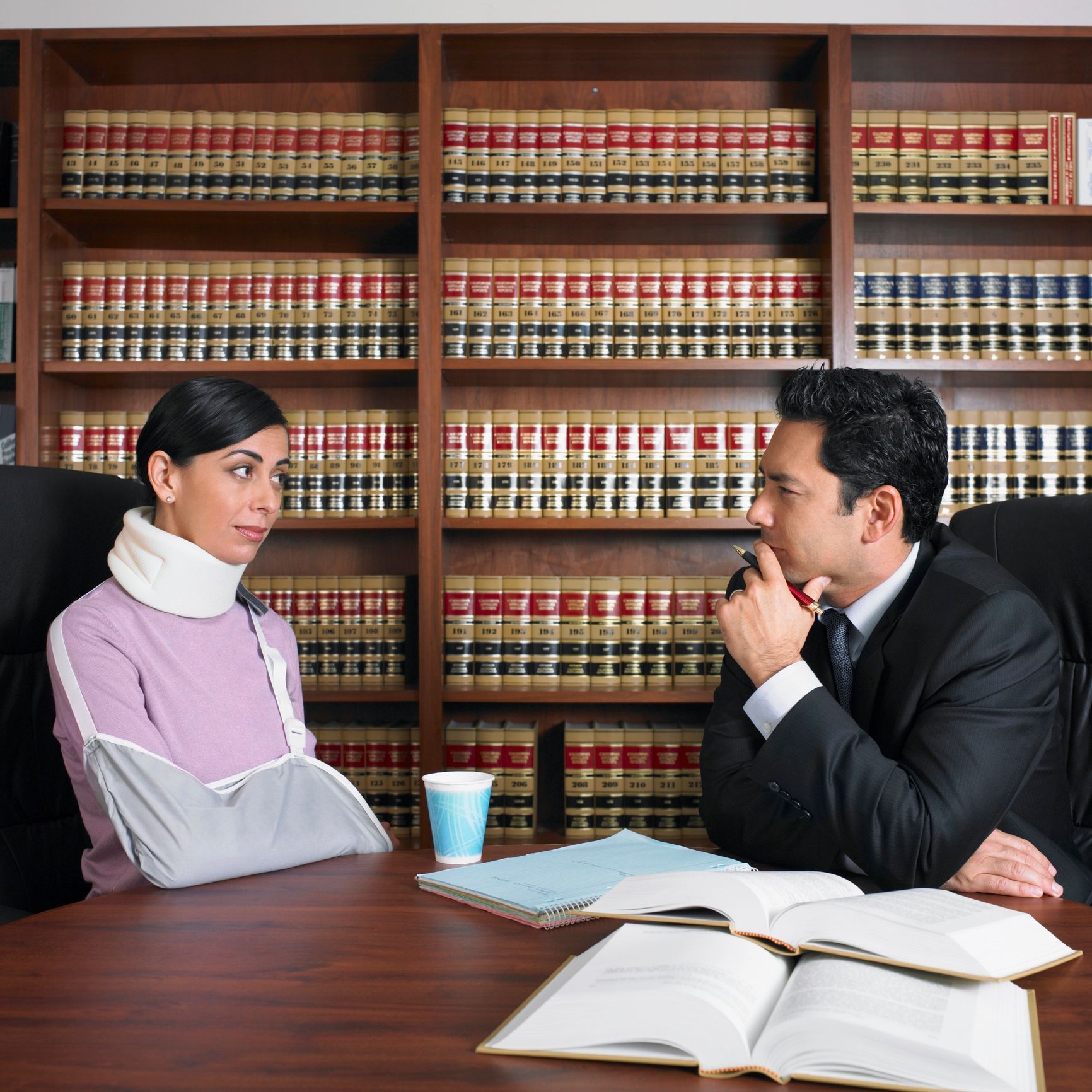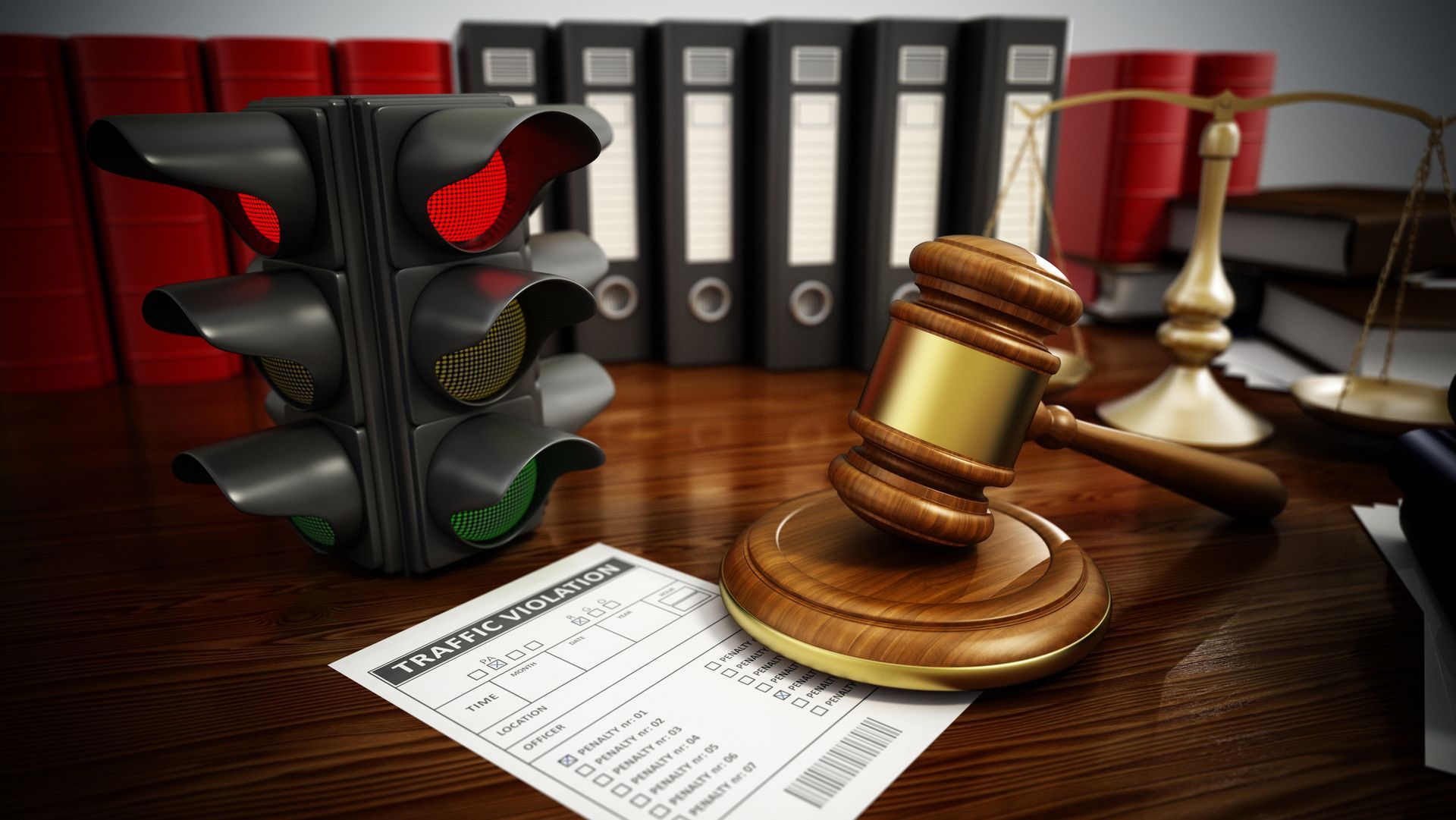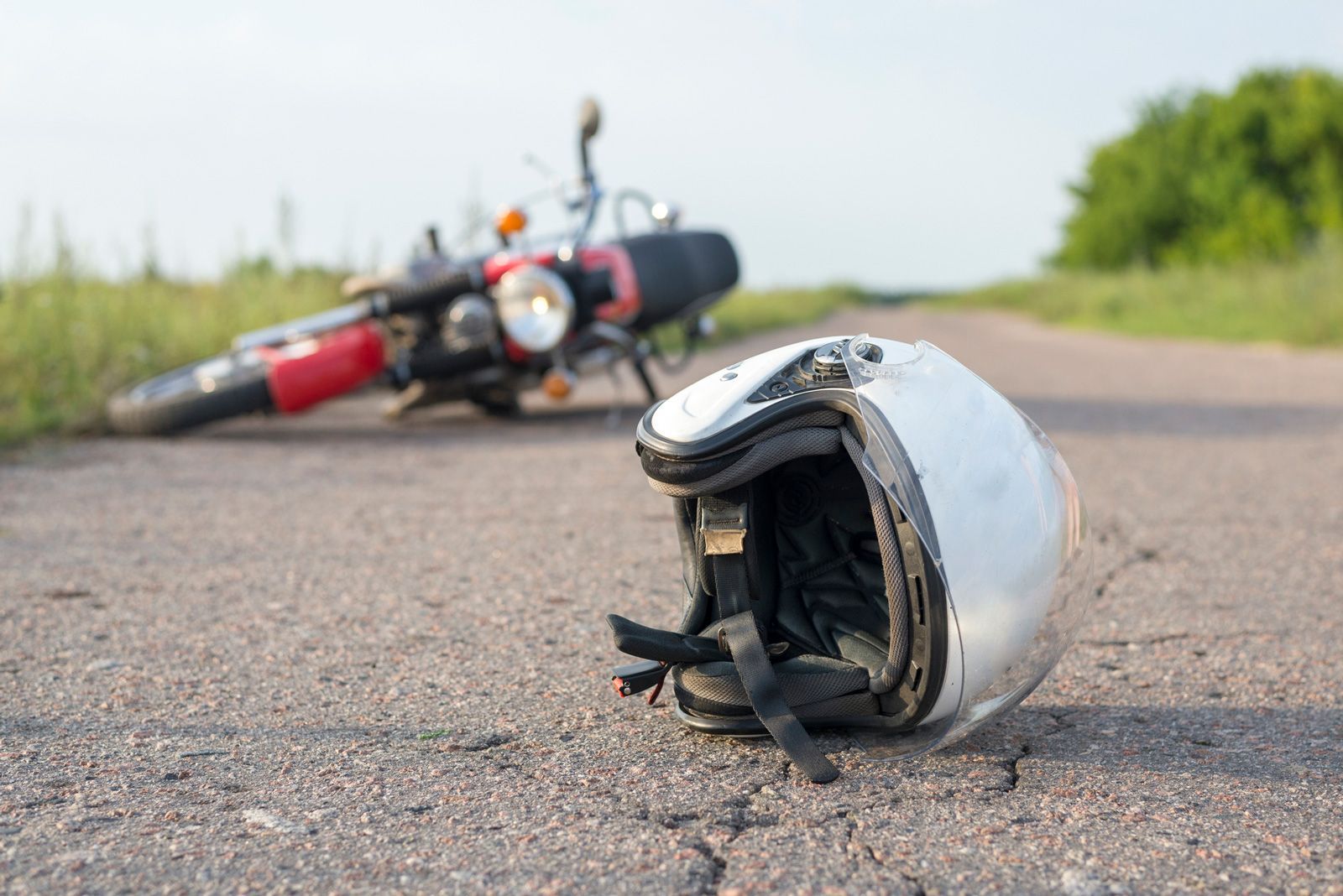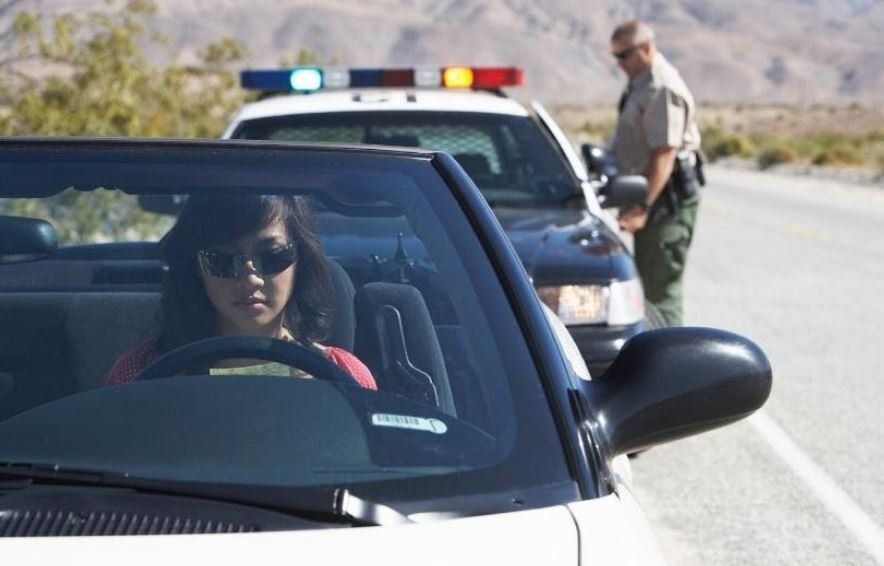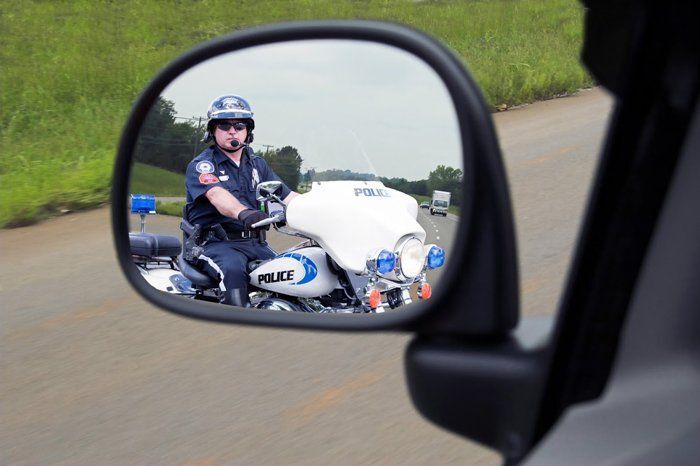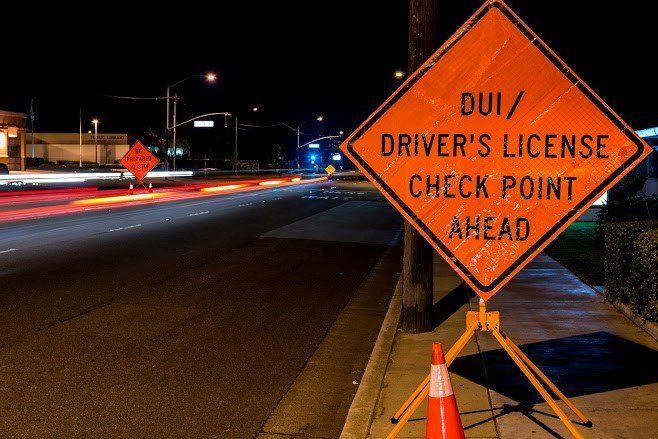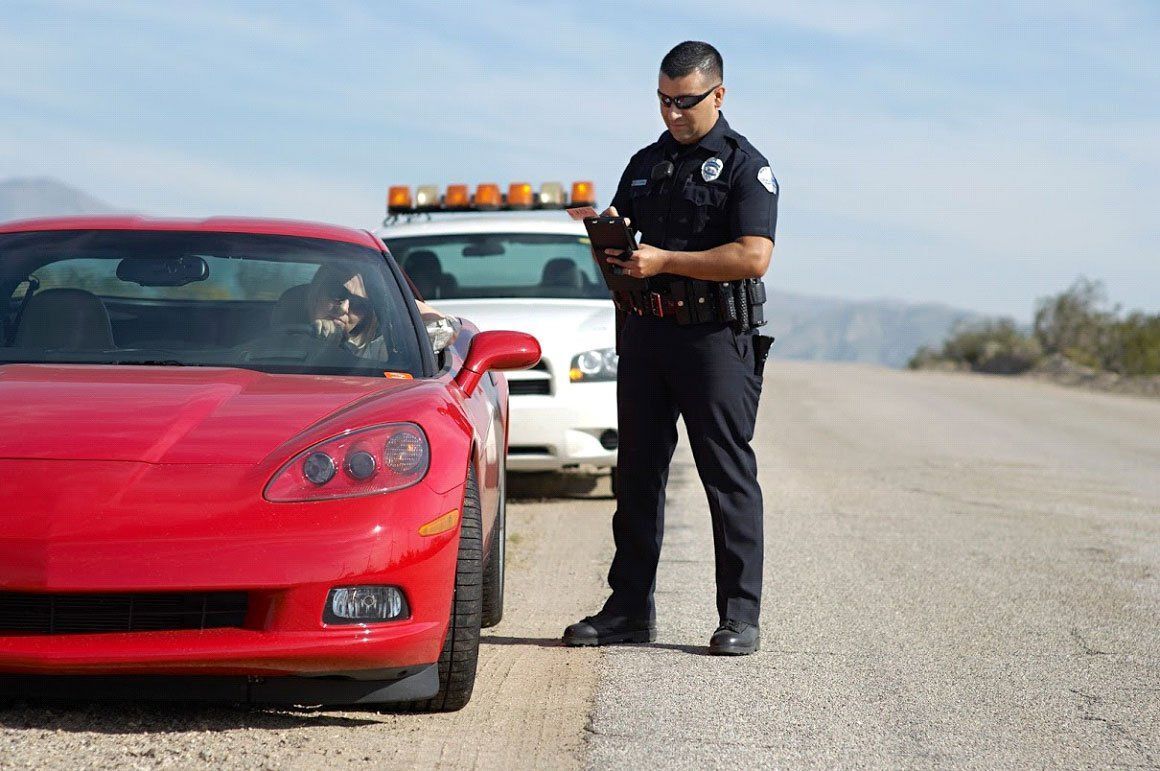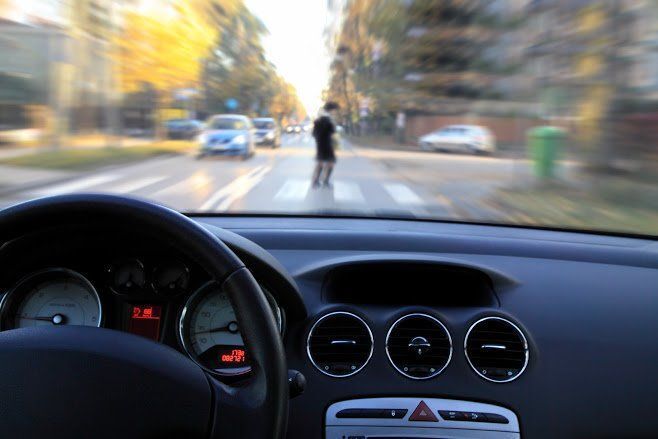
In most cases, pedestrians have the right-of-way, but in some situations, the pedestrian's actions can be partially responsible or totally responsible for the accident. If you would like to learn more about when pedestrians may be held accountable for causing an accident, keep reading.
When Is the Pedestrian Responsible for the Accident?
Whether you're driving or walking, you need to follow applicable laws. Naturally, because vehicles can cause severe and fatal accidents, they have more responsibilities and rules to follow. However, even a pedestrian must pay attention to what's going on around them, and one of the biggest mistakes pedestrians make is jaywalking.
Normally, a pedestrian should only cross at a designated crosswalk or intersection (anything else is considered jaywalking). Since drivers know this, they tend to pay more attention to pedestrians at crosswalks or intersections. Therefore, if someone suddenly darts into the middle of the road, the risk of an accident increases because the driver isn't expecting anyone to cross the street.
In some cases, the pedestrian may not be paying attention or be fully aware of their surroundings. This can happen for several reasons, but it commonly occurs because people are preoccupied with their phone or they are walking around intoxicated. In either case, the pedestrian's actions played a major role in the accident.
Is the Driver Still Partially Responsible?
In most cases, as the driver, you'll still be partially responsible for the accident. Even if the pedestrian walked into the middle of the road while staring at their phone, the driver has a responsibility to be a defensive driver. As a defensive driver, you have a better chance of swerving or stopping to avoid that pedestrian who suddenly enters the road.
Naturally, you may not be able to avoid the pedestrian in every instance, but a lot of drivers lose this argument because the insurance carrier will say they were driving too fast, not paying attention themselves, etc. In other words, the insurance carrier will argue you were not being a perfect and defensive driver, so you are partially to blame for the accident.
In fact, the insurance carrier can use many arguments to say you weren't paying full attention to your driving. These include: talking to someone, looking at GPS, adjusting the radio, dealing with children/pets, eating or drinking, and zoning out.
Who Will Receive a Settlement?
You and/or the pedestrian will only receive a settlement if one of you is fully responsible for the accident. This is because Virginia follows the contributory negligence rule, which states that if anyone is partially responsible for the accident, they get no settlement.
In most other states, you only lose your settlement if you are more than 50 percent responsible for the accident. As long as you are less than 50 percent responsible, you still qualify for a reduced settlement. Therefore, if you are found 10 percent responsible, your settlement is reduced by 10 percent.
In Virginia, however, even if you are only 10 percent responsible, you get no settlement. For this reason, you need to have a skilled attorney who can help prove that you were doing everything right during the accident.
No one wants to be involved in an accident, but if you have been the victim of a car accident, you may be owed restitution to make you whole again. Since Virginia follows contributory negligence, however, your best chance to win is with a skilled accident and personal injury attorney. If you would like to know more about accident claims, or if you are ready for a consultation, contact us at Tolbert and Tolbert, LLP, today.

